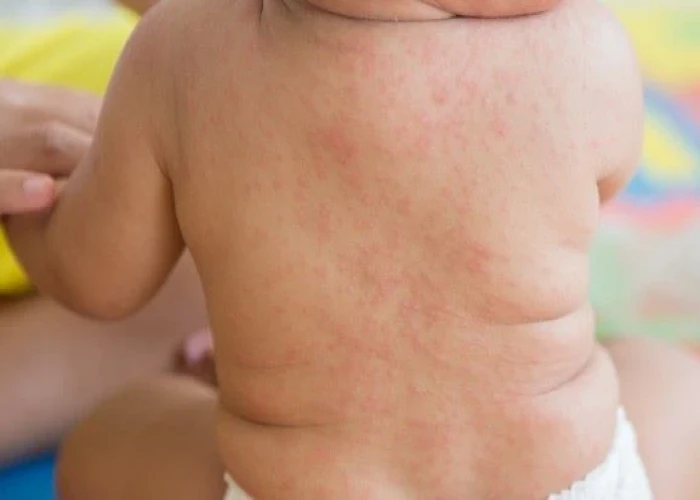 Welcome
Welcome
“May all be happy, may all be healed, may all be at peace and may no one ever suffer."
Roseola
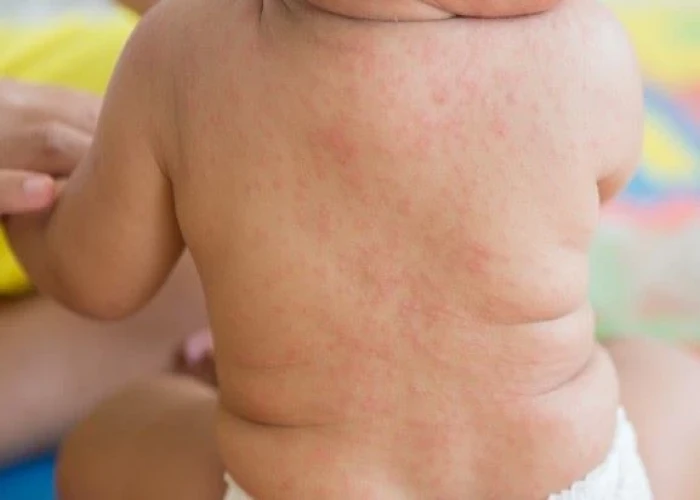
Roseola, also known as sixth disease, is a viral illness that primarily affects infants and young children. It is caused by the human herpesvirus 6 (HHV-6) or, less commonly, the human herpesvirus 7 (HHV-7).
The symptoms of roseola typically begin with a sudden high fever, often reaching 103-105°F (39.4-40.6°C), that lasts for several days. Once the fever subsides, a pink, flat or raised rash appears on the trunk and spreads to the limbs, neck, and face. The rash typically lasts for a day or two before fading away.
In most cases, roseola is a mild illness that resolves on its own without any specific treatment. However, the fever may be treated with acetaminophen or ibuprofen to relieve discomfort. It is important to monitor children with a fever to ensure it does not become too high or persistent, and to watch for any signs of complications such as seizures.
Roseola is highly contagious and can be spread through respiratory secretions, so it is important to take precautions to prevent the spread of the virus, such as frequent hand washing and avoiding contact with others who are sick.
Research Papers
Disease Signs and Symptoms
- The child has a fever greater than 103 F (39.4 C)
- The child has roseola and the fever lasts more than seven days
- The rash doesn't improve after three days
- Fever
- Skin rash
- Irritability
- Diarrhea
- Loss of appetite
- Swollen eye (Conjunctivitis)
Disease Causes
Roseola
The most common cause of roseola is the human herpes virus 6, but the cause also can be another herpes virus — human herpes virus 7.
Like other viral illnesses, such as a common cold, roseola spreads from person to person through contact with an infected person's respiratory secretions or saliva. For example, a healthy child who shares a cup with a child who has roseola could contract the virus.
Roseola is contagious even if no rash is present. That means the condition can spread while an infected child has only a fever, even before it's clear that the child has roseola. Watch for signs of roseola if your child has interacted with another child who has the illness.
Unlike chickenpox and other childhood viral illnesses that spread rapidly, roseola rarely results in a communitywide outbreak. The infection can occur at any time of the year.
Disease Prevents
Roseola
Because there's no vaccine to prevent roseola, the best you can do to prevent the spread of roseola is to avoid exposing your child to an infected child. If your child is sick with roseola, keep him or her home and away from other children until the fever has broken.
Most people have antibodies to roseola by the time they're of school age, making them immune to a second infection. Even so, if one household member contracts the virus, make sure that all family members wash their hands frequently to prevent spread of the virus to anyone who isn't immune.
Adults who never contracted roseola as children can become infected later in life, though the disease tends to be mild in healthy adults. However, infected adults can pass the virus on to children.
Disease Treatments
Most children recover fully from roseola within a week of the onset of the fever. With your doctor's advice, you can give your child over-the-counter medications to reduce fever, such as acetaminophen (Tylenol, others) or ibuprofen (Advil, Motrin, others).
Use caution when giving aspirin to children or teenagers. Though aspirin is approved for use in children older than age 3, children and teenagers recovering from chickenpox or flu-like symptoms should never take aspirin. This is because aspirin has been linked to Reye's syndrome, a rare but potentially life-threatening condition, in such children.
There's no specific treatment for roseola, although some doctors may prescribe the antiviral medication ganciclovir (Cytovene) to treat the infection in people with weakened immunity. Antibiotics aren't effective in treating viral illnesses, such as roseola.
Disease Diagnoses
Disease Allopathic Generics
Disease Ayurvedic Generics
Disease Homeopathic Generics
Disease yoga
Roseola and Learn More about Diseases
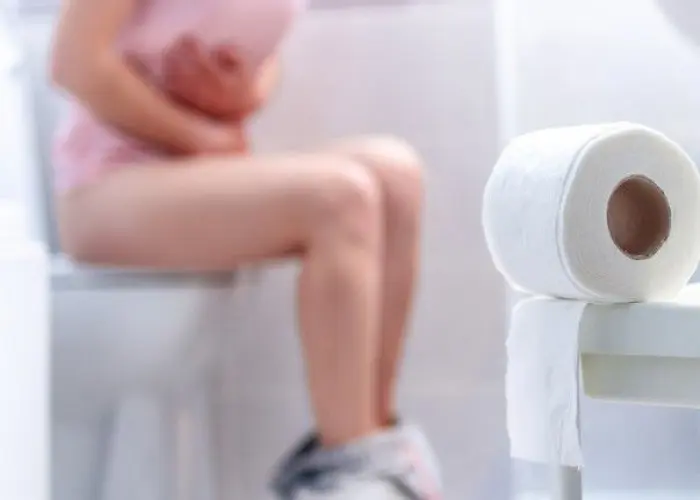
Indigestive Diarrhoea
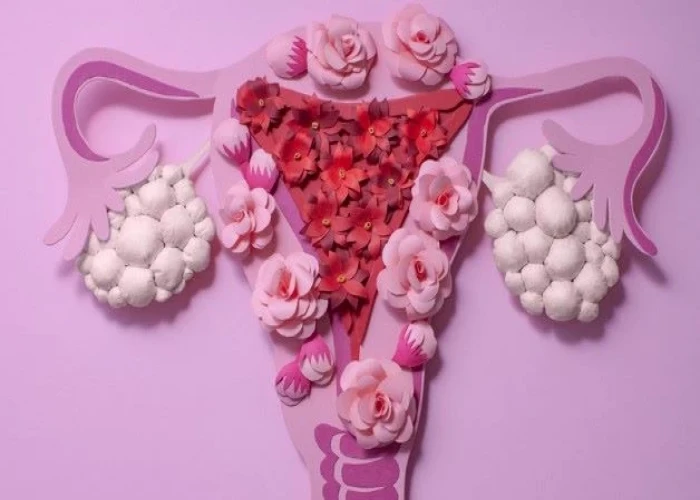
Polycystic ovary syndrome (PCOS)
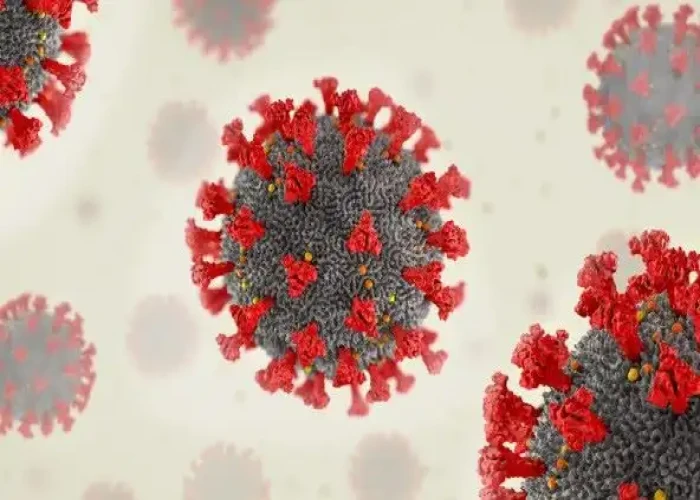
Severe acute respiratory syndrome (SARS)
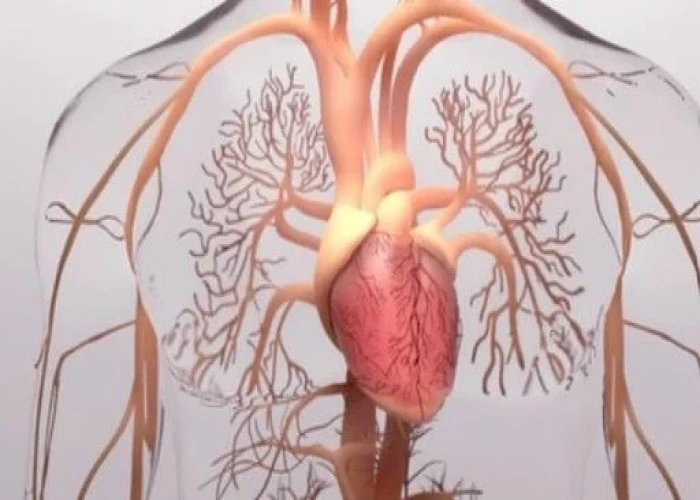
Pulmonary hypertension

Spinal arteriovenous malformation (AVM)
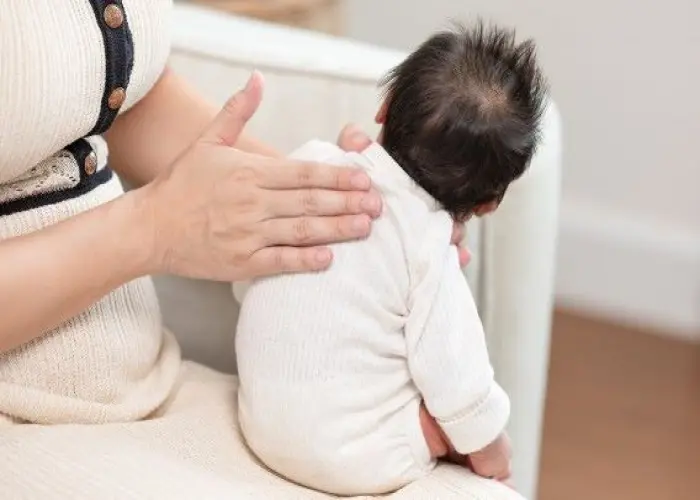
Hiccups

Scleroderma
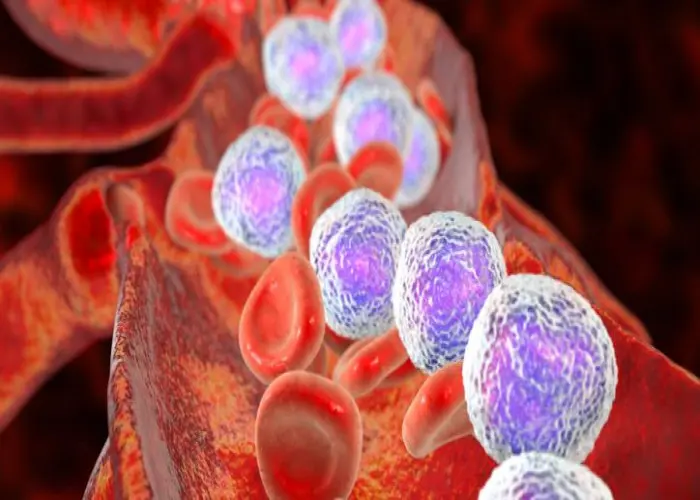
Acute lymphocytic leukemia
roseola, রোসোলা
To be happy, beautiful, healthy, wealthy, hale and long-lived stay with DM3S.
